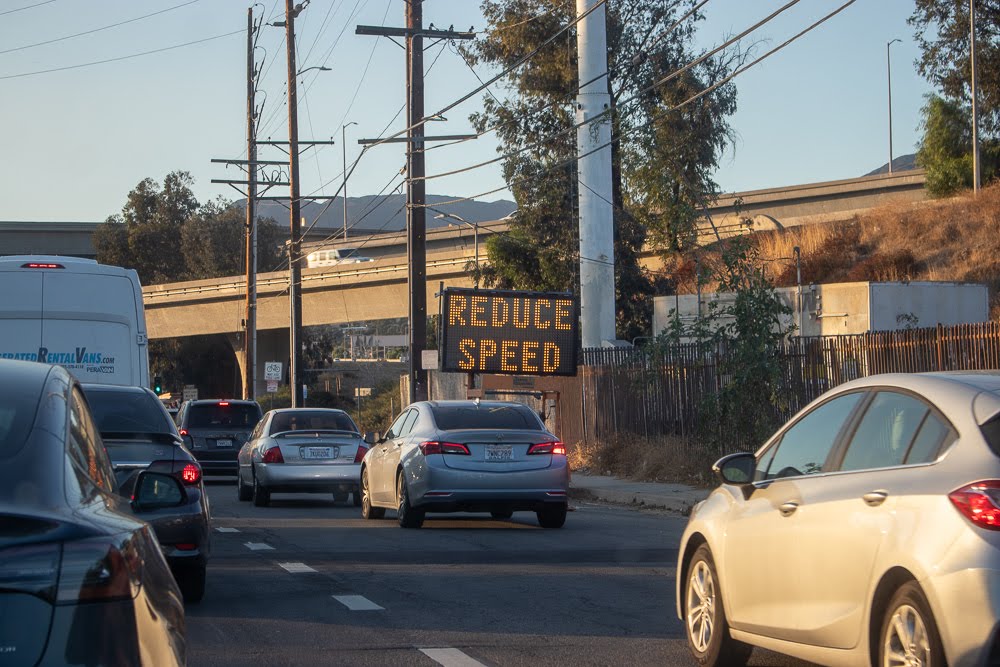In the past few weeks, the sun has been setting earlier and days have been getting colder. These are clear signs that winter is coming. With the upcoming frigid temperatures and snowy conditions, preparing your vehicle for winter is crucial to your driving safety. Ensure your car is functioning properly and equipped for the cold winter months. Winter preparation on your car can decrease the chance of an auto accident and save you substantial money! A Business Insider article states, “The money you spend on the proper fluids, new brakes and wipers, and other relatively minor investments now can save you hundreds or thousands of dollars down the road.”
Winter increases the chance of car accidents, which can leave unprepared drivers and passengers injured, stranded, or in serious danger. Spear Greenfield has seen devastating auto accident injuries for over 30 years. These injuries affect the lives of countless clients in the Philadelphia and New Jersey areas. For that reason, our team at Spear Greenfield is providing clients and visitors with a checklist for preparing your vehicle for winter.
Tips for Preparing Your Vehicle for Winter
-

Schedule a Service Appointment
Prior to arrival of winter conditions, schedule your vehicle for a service appointment. A mechanic can check your brakes, battery, hoses, and belts. An article on www.today.com suggests, “making sure the belts and hoses get checked for wear and tear. Cold weather can do a number on belts and hoses, so they deserve attention.” Brake systems are also susceptible to winter deterioration. Your rotors may be exposed to snow and road salt, which can cause the development of rust.
Check Fluid Levels
Check your vehicle’s fluid levels prior to the onset of cold temperatures. In some cases with brake and windshield fluids, switching to winter resistant fluids ensure they’re effective in the winter conditions and do not freeze. “Brake fluid starts to get dirty in the winter and it gets little water molecules in it that aren’t good for the car,” states Business Insider.
-
Inspect Tire Conditions
Since tires are the area of the car in direct contact with the road, a tire check at the onset of cold weather and prior to the first snowfall is essential! The PennDot site specifically states, “check to be sure tires are properly inflated and have sufficient tread depth”. The colder temperatures can cause the air pressure in tires to drop. Performing a tire pressure check will alert you whether your tire pressure is below recommended levels as cited in the owner’s manual. Similarly to underinflated tires, worn out tires are dangerous, because worn tires increase the distance necessary for a vehicle to completely stop. If the tread depth looks low, consider rotating or replacing your tires to ensure driving safety.
-
Replace Windshield Wipers
Test the windshield wipers to ensure they’re not causing streaks on your windshield. If streaks form, consider replacing the wipers or installing winter wiper blades. Business Insider advises, “once snow starts falling and there’s ice on the glass, blades get destroyed fast, so start with fresh wipers.”
Test Your Car’s Heating System
Running your car’s heater and defroster prior to temperature drops is prudent to ensure those systems are functioning properly. If frigid temperatures take their toll on you, learn to prioritize a vehicle’s heating system whenever purchasing a new car. PhillyVoice.com article suggests, “Heated seats are a great investment if you live somewhere where the temperature drops below freezing. They begin to radiate warmth much quicker than the heater does.”
Prepare an Emergency Kit
The www.today.com website recommends equipping your vehicle with the usual safety equipment including an ice scraper, jumper cables, a tire gauge, a spare tire, and tire changing equipment. In the event your car breaks down or gets stuck in a winter storm, it is important to have access to an emergency kit, which can easily be stored in your trunk. Below is a list of some items to include:
- A heavy blanket
- Extra boots and gloves
- An extra set of warm clothes
- Drinking water
- A small shovel
- A flashlight
- Flares
- Jumper cables
- A first-aid kit
- Paper towels
- A bag of abrasive material to provide additional traction if stuck in the snow.
Cold weather and snow caused by winter are unavoidable, especially in Pennsylvania and New Jersey. Proper preparation can decrease accident risks during the winter months. PennDot reminds drivers, “winter weather can bring unexpected conditions, so make sure your vehicle is ready for ice and snow.” Remember it is prudent to prepare your vehicle for winter this time of year by performing all checks and scheduling necessary service appointments.
Have You Suffered an Auto Accident?
If you have suffered an injury from an auto accident, please reach out to our legal team at Spear Greenfield immediately. We offer a free initial consultation to learn more details about your accident and discuss your legal options. This consultation does not carry any pressure or obligation, just information. Call Spear Greenfield today or complete the form fill to schedule your fee consultation!
Call or text (215) 985-2424 or complete a Free Case Evaluation form












